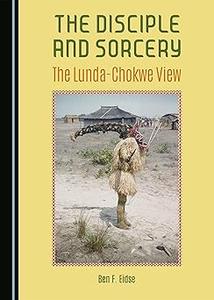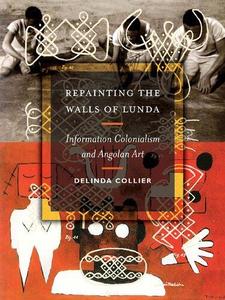
Free Download Ben F. Eidse, "The Disciple and Sorcery: The Lunda-Chokwe View"
English | ISBN: 1443877298 | 2015 | 241 pages | PDF | 2 MB
Ben F. Eidse is Shakambangu, a messenger who announces the truth, so-named by the Lunda-Chokwe who appreciate his commitment to learning their heart language, proverbs and culture. He often began his messages with a Chokwe proverb about the kambangu bird who doesnt speak empty words like the prairie chicken, but announces the first sliver of the moon. He was also called Tata, a wise elder and blacksmith who equipped us, not with guns, but with the Word of God, which he translated, with two Chokwe pastors/storytellers. Eidse is among the rare western students of Lunda-Chokwe language and culture, which spreads over nine countries of central and southern Africa. His unique and original research captures Lunda-Chokwe oral history in print, tracing that blended tribes origin stories and cultural values. The Disciple and Sorcery is his career study of Lunda-Chokwe worldviews, including family and clan values, sorcery practices and experiences of Biblical discipleship. His research hypothesis is that a culturally relevant biblical discipleship can deal effectively with the fear of sorcery and the temptation to use it to harm others. This book will particularly appeal to the Lunda-Chokwe people, as well as to anyone who treasures respectful insight into a traditional society.
